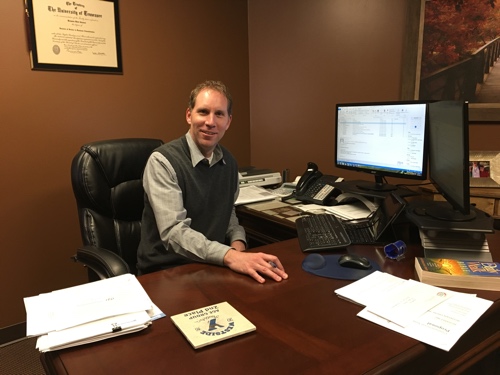In these two weeks, we have been discussing insurance tips that every college student should know. Today, we want to provide you, as the college student, some tips to help you.
It CAN Happen to You
Many times young adult individuals do not think that something like the topics in this series can happen to them. Whether it be an incident with your car or your personal property, you NEED to understand that situations requiring insurance can happen to anyone. It’s important to protect yourself as well as your property.
Most of your stuff in your dorm room should be covered under your parents’ homeowners or renters.
When you live in a dorm on campus, most of your personal possessions are covered under your parents’ coverage. However, you should check on the limits to the coverage in the case of expensive things such as computers or other electronics. There may be limits to this coverage and a special personal property endorsement may be needed.
Get renters insurance when living off-campus.
As mentioned in previous posts, make sure you get renters insurance when you live off campus. In addition to protecting your belongings, it can also protect you from liability in case someone gets injured there as well.
Don’t take valuables to school.
There are some valuables that you may want to leave at home when you go off to college. While laptops may be needed, your expensive jewelry isn’t. Leave those kinds of things at home where they are safer.
Keep your things safe.
It’s important to make sure to safeguard your items from theft. Do not leave your things unattended on campus and make sure that you always lock your dorm room door. You don’t know who may wander into your room otherwise. 50 percent of all on-campus crimes are burglaries, according to the Insurance Information Institute. The primary areas where they occur are the dining hall, the library and other public places.
The distance from your parents’ home can matter.
Make sure to double check your auto insurance, especially when you attend a college that’s located out of state.
Safeguard any gaps in coverage.
We talk a lot here about reviewing your coverage. If you are covered under your parents’ insurance, make sure they contact their agent to check to see if there are any gaps in coverage when you go to college. Otherwise, make sure to contact your insurance agent to find out for yourself. You don’t want to take the risk that something could happen during one of these gaps and be left without insurance. That is not the way to begin your awesome college adventure!
Bob Johnson Insurance is Ready to Help
We can help you make sure that there won’t be any gaps in coverage and that you have the right amount of insurance here in Tennessee for your college experience. It only takes a few minutes on the phone. Give us a call at 865-922-3111.



